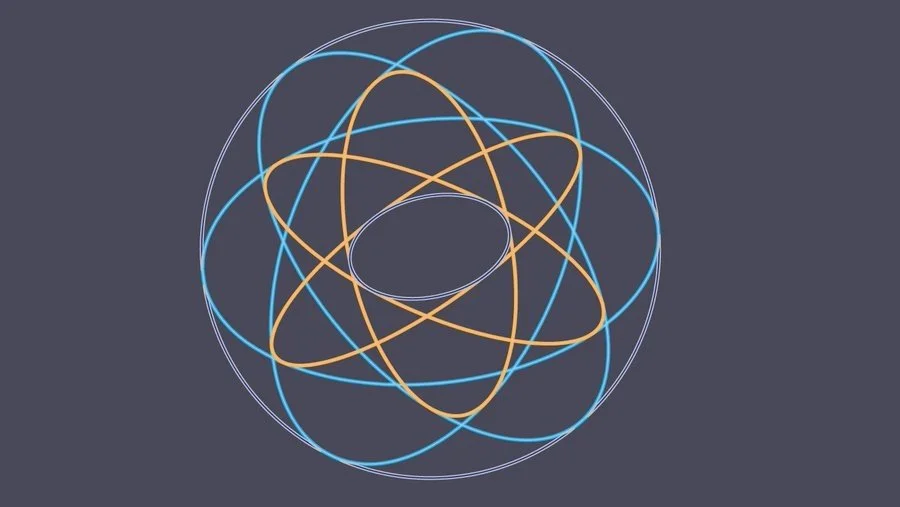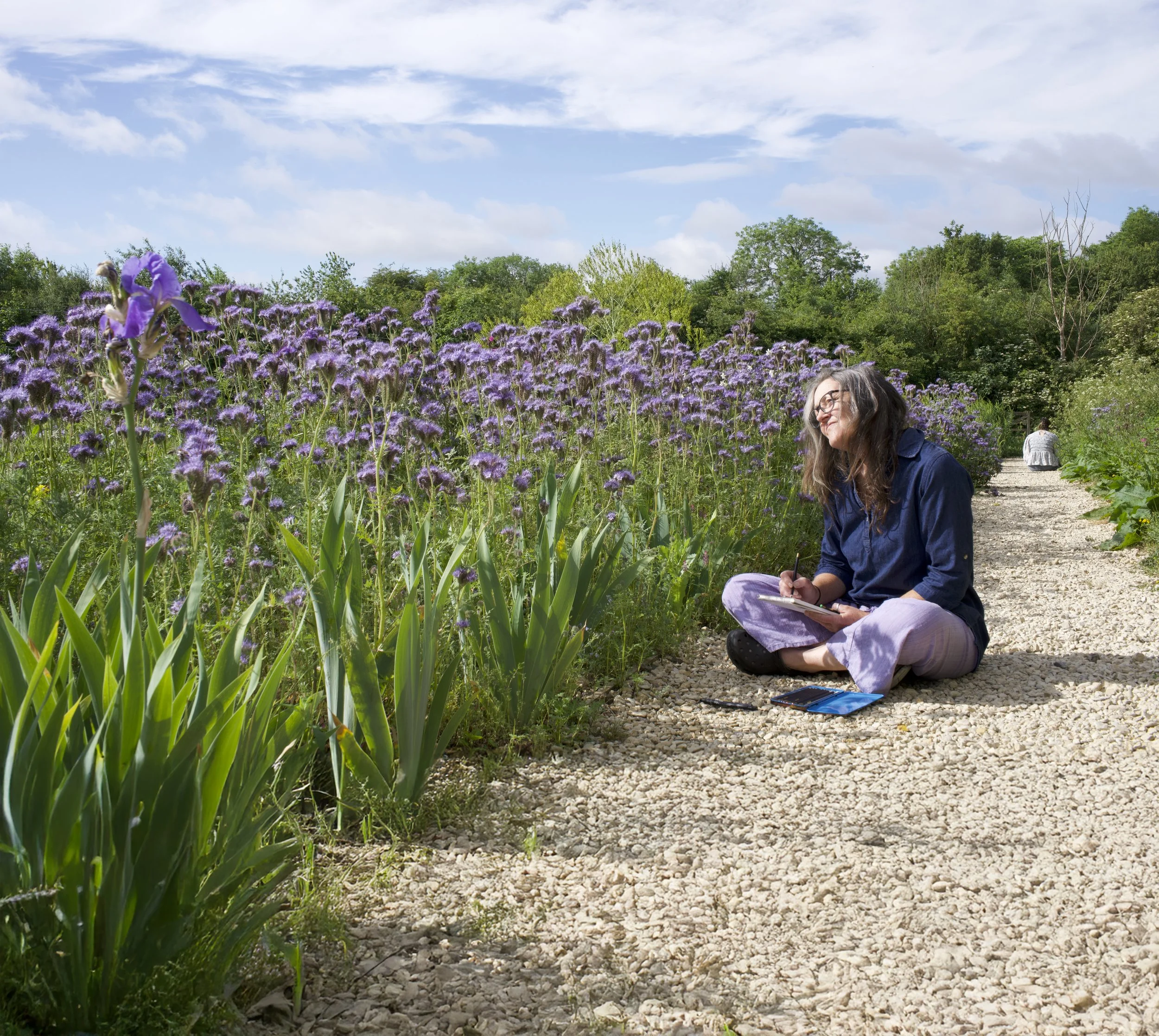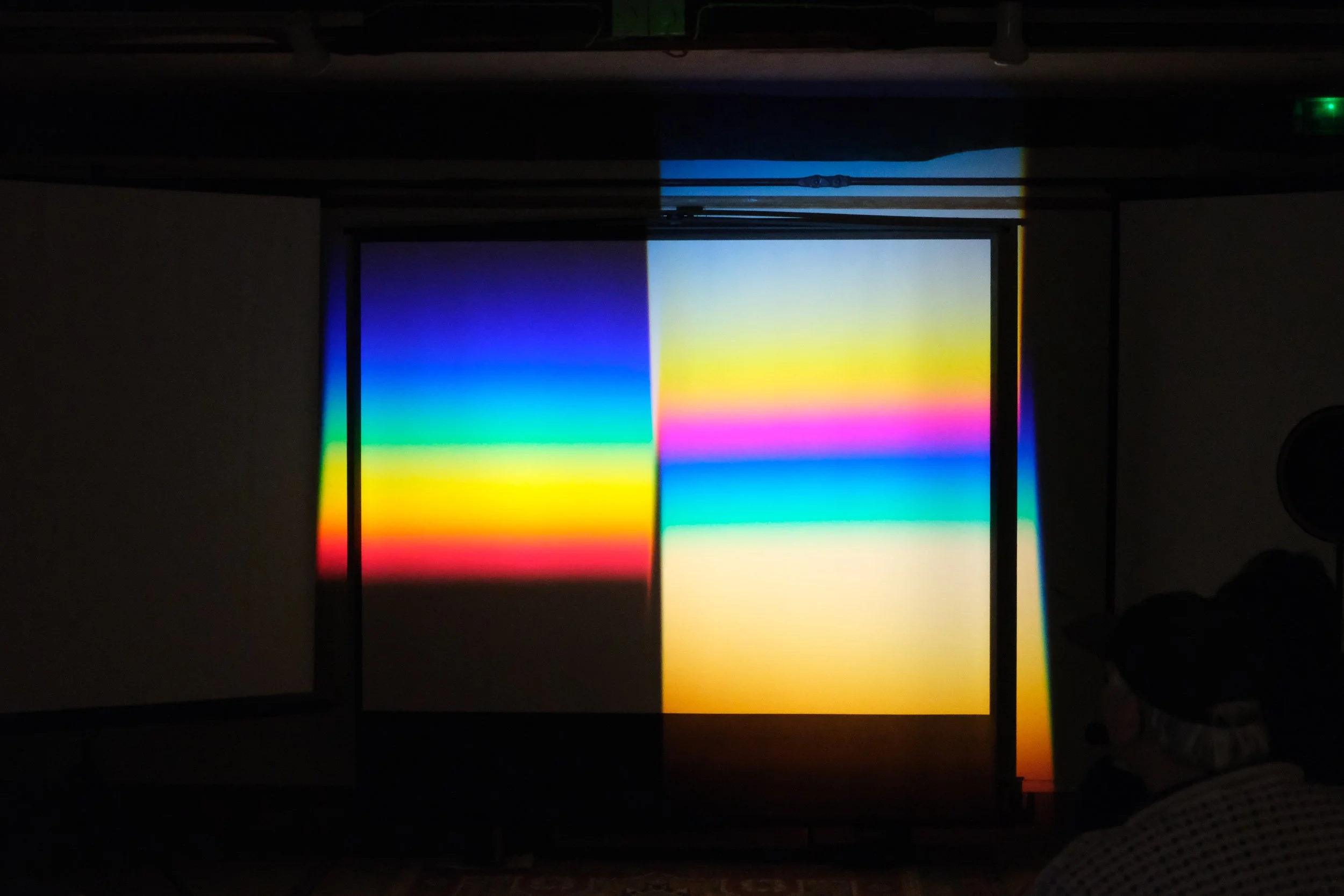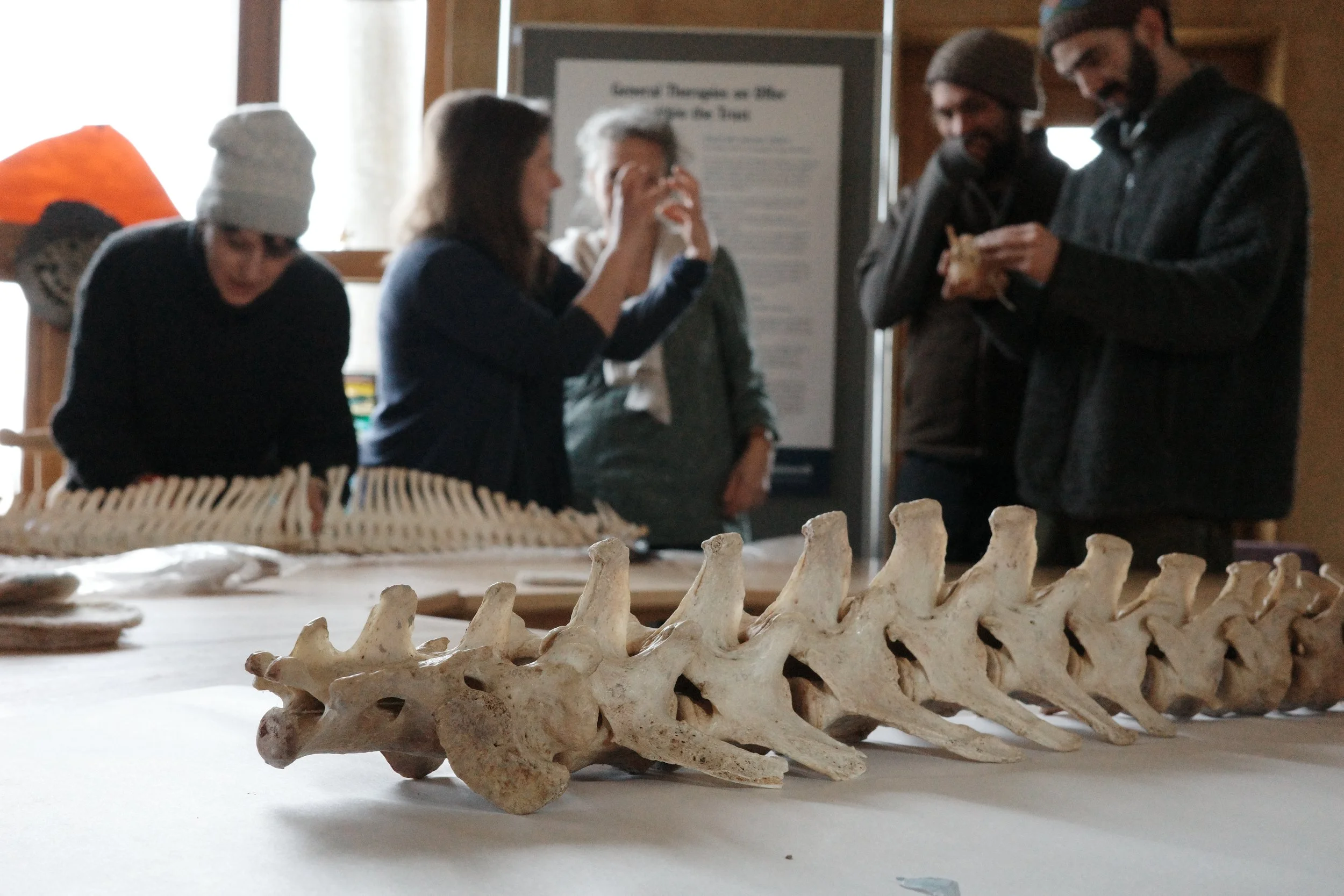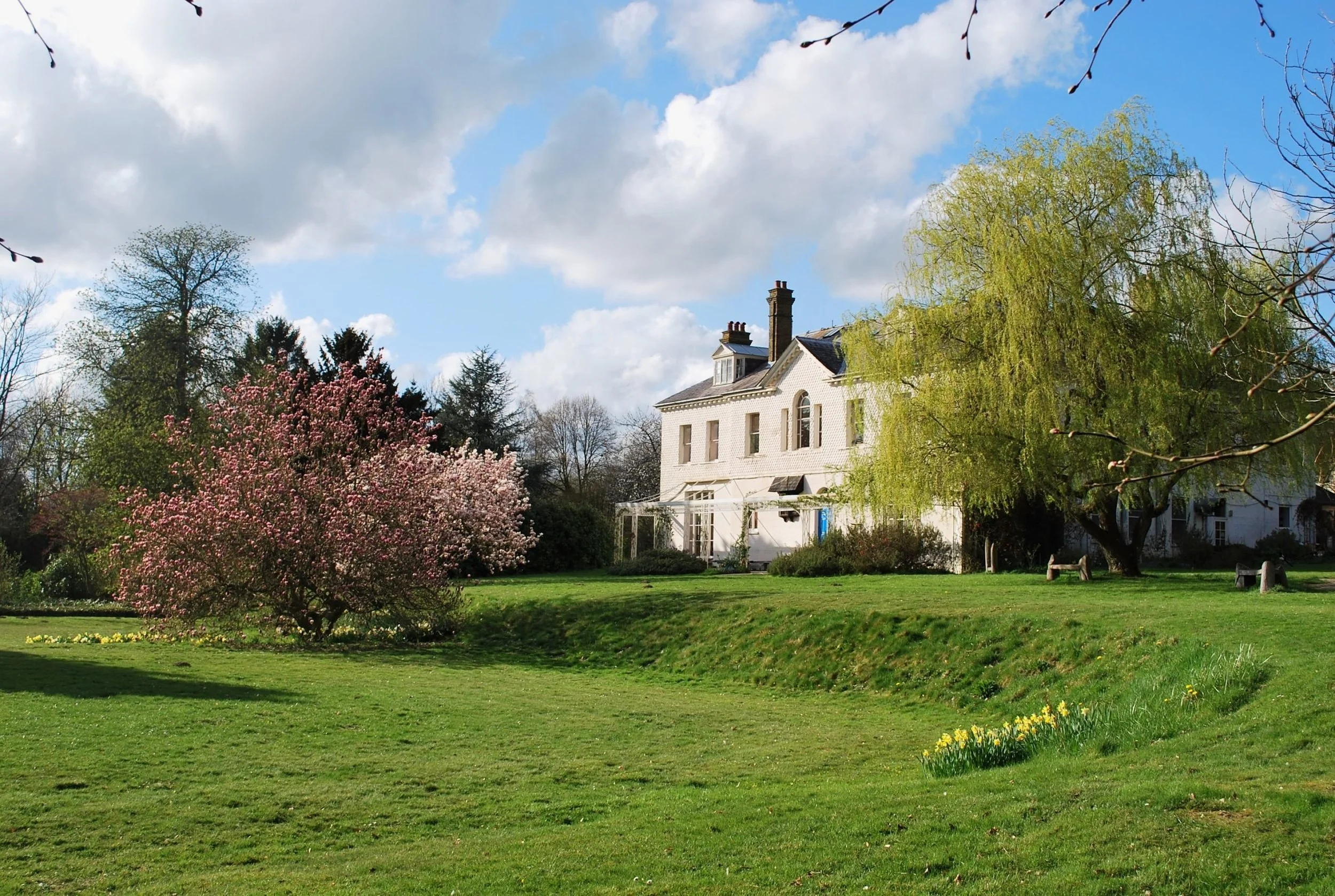
Holistic Science Courses
Venue: Emerson College, Hartfield Rd, Forest Row RH18 5JX
Breakfast: 8am, lunch: 12:45, Dinner: 6:15pm
Cost: £250.00 per course (Food and accommodation available for an additional fee.)
Archetypal Intervals of Music
Beneath the apparent diversity of today’s musical traditions lies a common source in the harmonic series. This musical phenomenon, made visible by the monochord, underlies the tuning systems of diverse musical traditions, such as Slendro, Persian, and Pythagorean music, as well as Western music. Through a hands-on exploration of the monochord, bronze gongs, and other instruments, we will experience the natural intervals of the harmonic series, and compare these intervals to the intervals in different musical traditions, including the equal tempered intervals of Western music today. This course offers a musical approach that can bring us closer to the essence of music and cultivate a holistic musical consciousness. It is for everyone interested exploring in the deep structures of music and new musical responses to our contemporary culture.
Course information:
Facilitator: Michael Deason-Barrow and James Watts
Venue: Emerson College, Hartfield Rd, Forest Row RH18 5JX
Dates: 15–16 November 2025
Booking: https://emerson.org.uk/course/holistic-science-courses/
Archetypal Geometry
On this weekend course we will be guided on a pictorial, hands-on ascent through geometric archetypes. At its summit we will encounter a beautiful figure of interconnecting curves that have the potential to become points or lines. Equipped with compass, ruler, pencil, and paper, we will descend from these archetypal heights and explore the most important constructions of projective geometry as manifestations of this archetypal figure. By presenting these diverse constructions, which are typically used to introduce projective geometry, as expressions of a geometric archetype, this course offers an exciting introduction for beginners as well as a unifying perspective for advanced practitioners.
Course information:
Facilitator: Russell Arnold and Charles Gunn
Venue: Emerson College, Hartfield Rd, Forest Row RH18 5JX
Dates: 07–08 February 2026
Booking: https://emerson.org.uk/course/holistic-science-courses/
The Plant between Sun and Earth
Through intensive study of plants, Goethe learnt to see the leafing, flowering and fruiting processes as expressing stages of expansion and contraction. Drawing on projective geometry, George Adams and Olive Whicher learnt to see these processes as movements between the point and the periphery. On this course we will follow in Goethe’s, Adams’s and Whicher’s footsteps and, through an experiential and hands-on study of plants and projective geometry, learn to see plants as they did. This course will be of interest to anyone wanting in exploring the beauty of plants.
Course information:
Facilitator: Judyth Sassoon and Gordon Woolard
Venue: Emerson College, Hartfield Rd, Forest Row RH18 5JX
Dates: 21–22 March 2026
Booking: https://emerson.org.uk/course/holistic-science-courses/
Plant Alchemy as Self-Transformation
This course delves into the transformative potential of both the theory and the practice of the Western alchemical tradition. At times deemed to be a precursor to modern chemistry, at others as an imagistic language of the collective unconscious, we will explore the contemporary relevance of alchemical ways of knowing and working. Drawing on alchemical insights from Paracelsus, Robert Allen Bartlett and Dennis Klocek, we will explore how processes undertaken in the transformation of materials contributes to self-transformation. Through making alchemical essence from plants, we will engage with the many different uses of fire/warmth, touching on how the alchemical worldview has contributed to contemporary developments in traditional herbal medicine, agriculture and education.
Course information:
Facilitator: Jonathan Code
Venue: Emerson College, Hartfield Rd, Forest Row RH18 5JX
Dates: 25–26 April 2026
Booking: https://emerson.org.uk/course/holistic-science-courses/
Colour as the Deeds and Sufferings of Light
This course offers an experiential introduction to Goethe’s colour science. We will explore colour phenomena from Goethe’s Theory of Colour using custom-build projectors and state-of-the-art optical equipment. Drawing on research from the Goethean scientific tradition inaugurated by Michael Wilson and André Bjerke, this exploration will be extended to include phenomena and experiments from the subsequent development Goethe’s conception of colour and the optical conception within which it is embedded. This course will be of interest to artists, science educators and anyone interested in exploring a scientific paradigm that overcomes the separation of object and subject typical of contemporary scientific thought.
Course information:
Facilitator: Alasdair Gordon and Troy Vine
Venue: Emerson College, Hartfield Rd, Forest Row RH18 5JX
Dates: 23–24 May 2026
Booking: https://emerson.org.uk/course/holistic-science-courses/
The Evolution of Animals and the Evolution of Consciousness
Bringing together a study of animal evolution and comparative literature, this course offers an experiential introduction to the evolution of consciousness. Drawing on Owen Barfield’s pioneering study of meaning, we will explore how metaphors and narratives shape how we see the world and ourselves. We will examine how evolutionary narratives in science have shaped our understanding of the past and the future, and explore the potential for Barfield’s evolutionary narrative to transform how we see the world and our place in it, opening up the possibility for shaping our evolutionary trajectory through active participation with nature. This course would be of interest to anyone interested in the science of nature and the role of language in shaping how we see the world and ourselves within it.
Course information:
Facilitator: Judyth Sassoon and Troy Vine
Venue: Emerson College, Hartfield Rd, Forest Row RH18 5JX
Dates: 27–28 June 2026
Booking: https://emerson.org.uk/course/holistic-science-courses/



